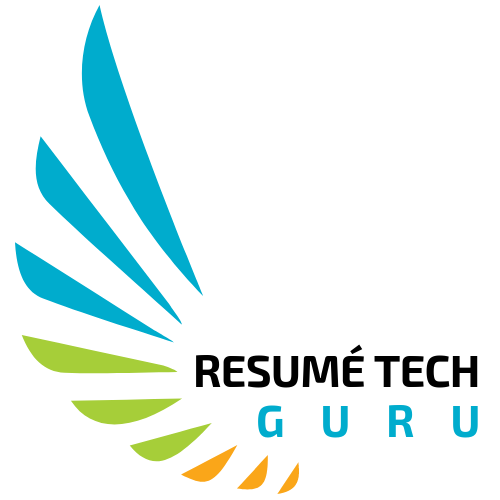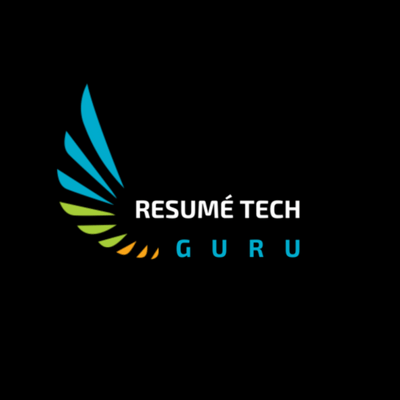Is it time for you to go on a “Think About”?
In 2019 while enjoying cava on the Costa del Sol in Spain, I penned a blog regarding Fortune 500 companies offering sabbaticals. Two years later, I’m editing a chapter on that very subject for my upcoming book Clicks, Tricks & Golden Handcuffs. This writing process allowed me to reflect on what’s transpired, ranging from Covid work-at-home policies, my clients’ journeys, and the latest research on sabbaticals.
Soulaima Gourani noted in her 2020 Forbes topical sabbatical article: “The majority of people who choose sabbatical leave in the United States, England, and other developed countries are lifelong careerists who are in search of the optimal work-life balance. They’ve spent years at their jobs without significant breaks other than the one or two weeks of vacation they get each year.” Soulaima further stated that a Facebook VP believed sabbaticals are essential because it allows their most talented employees time to think. I re-coined the term to a “Think About.”
Career Breaks & the Law
Companies aren’t obligated to offer a career break or sabbatical; it’s discretionary on their behalf. When there’s an official organizational sabbatical, you will find the policy spelled out within the employee handbook. The standard is a minimum time between 5-15 years of service. Some companies offer paid sabbaticals while others don’t. While you’re on a corporate sabbatical, you’re still bound by corporate law, even whether you’re on a paid or unpaid leave. It’s a best practice to obtain in writing the expectations for both parties.
Sabbaticals on Your Dime
In the past 12 months, I’ve worked with 3 clients who decided to stop working entirely at a startup or Fortune 50 because they “had enough.” The common theme is that they had all worked at a startup along the way.
While collaborating on job opportunities with 45-year old Oliver, a health scare landed him in the hospital and required heart monitoring. This incident made him question staying at Amazon since it was a stress inducer and a cultural fit mismatch. His preference was to return to his builder persona at a startup helping people and making the world a better place. He upped and quit taking a personal sabbatical. Oliver had no job prospects and the extra burden of a Visa requirement to stay in the US since he hailed from Australia. What did he do? Oliver went on a 6-month “Think About” pursuing life on the beach in Maui for a month. Then he went to a small town in Mexico to hang out with friends for introspection. Oliver came back to Seattle recharged. The best news was that the career break not only improved his health, but he had new career aspects. He sent me a text to discuss 2 job offers: a California-based augmented reality startup and a 6-year old FinTech company where he could live anywhere on the globe.
In January, I received a consulting email request through my website from Mary. When I researched her on LinkedIn, there were several name matches. As it turns out, she was best friends with a current client I had been partnering with on a potential exit from Microsoft. Mary was a former Microsoft Chief of Staff and serial intrapreneur on a 1.5-year personal non-corporate sabbatical. After leaving her COO startup role and doing a consulting side hustle, she was bored and wanted to re-enter the corporate world. Mary said something that struck me as so funny when we initially began exploring her next career adventure.
I asked her, “So how did you end up in tech?”
She replied with an impish grin, “When I was growing up in a small town in Missouri, I read the salary survey in Parade Magazine that came with the Sunday local newspaper. Tech paid better than some of the other alternatives like being a teacher.”
I love a financially astute woman! After our collaboration to position her for the next role, we touched base last month before she and her faithful 4-legged companion were going on a road trip to Arizona. She is putting her job strategy plan in motion, and I’m confident she will find her perfect fit soon.
Cesar had 18 years’ career experience at 6 Fortune 500 companies and was a VP of product strategy at a $33MM IT platform startup. He had high endorsements for cloud computing and enterprise software. His global career spanned metros from Boston, DC, London, San Francisco, and Seattle. He left Amazon after 4 years and was on a personal sabbatical when we met. Like my other client Oliver, he was burnt out by Amazon. Notice a trend? For his next role, Cesar wanted to lead the product or service development for a mission-oriented organization. The scope would be leading global change in an industry and a clear cut direction of the business purpose, e.g., reinvent transportation for the 21st century like Uber. His brand positioning was challenging for both of us after conducting a trifurcated job profile analysis.
Cesar shared with me, “Having given more thought to the roles I selected, I’m questioning whether trying to optimize for all 3 will dilute the personal brand effect we’re aiming for. For this version 1 effort, I think a more pragmatic approach would focus on the more obvious trajectory aligned to a VP of product strategy role. I can always spin off resume derivatives later to focus on different opportunities that have high resonance.”
I checked in on him 6 months later. Cesar continues to work part-time at his startup he founded several years ago before his stint at Amazon. He moved from Seattle and now lives in the wine country of Napa Valley, California.
Sabbaticals at Startups
So how about you? Ready to go work for a startup but want to keep your options open for a time to reflect?
I have an idea. Twenty of them, please read further.
Since I last time focused on Fortune companies offering sabbaticals, I decided to research the potential of tech startups. Built-In is a national US tech community offering content and career opportunities for whether you want to work at home or in a corporate office setting. They compiled a 2021 list of over 250 tech companies offering sabbaticals across 8 cities, including Austin, Boston, Chicago, Colorado, Los Angeles, NYC, San Francisco, and Seattle. Since my client base is predominantly located within Seattle, below is a highlight of 20 tech companies in my hometown.
- Aerospace
- Agency & Digital Media | Marketing Tech | Social Media
- AI | Machine Learning | Big Data | Software
- Beauty | Ecommerce | Retail
- Cloud | IT | On-demand | Software
- Consumer Web & Insurance
- Trupanion: Eligible team members get 5 weeks of paid sabbatical after 5 years of working at the company.
- Edtech
- Fintech
- Gaming
- Geocaching HQ: 4-week paid sabbatical every seven years
- Hardware | Software
- Digital Control Inc: Eligible employees get 20 days of paid sabbatical after their first 15 years of working.
- HR Tech | Software
- IT, Security & Software
- Marketing Tech | Software
- Product Engineering
Call for Reflection
The good news is that you can take time off for months from work, come back refreshed, and move on to your next career adventure. If you’re at a crossroads in your career, now is the time to either allow yourself a “Think About” or find a company that will provide you that option.
Land your dream job; you deserve it!

P.S. All client names have been changed due to confidentiality.


